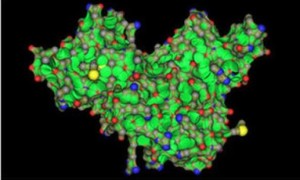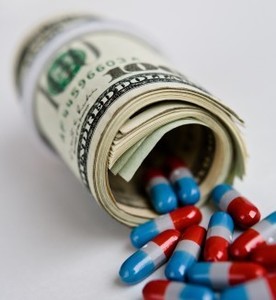Both Samsung and Aurobindo see a bright future for biosimilars. Samsung BioLogics, which is the specialized biotechnology arm of Samsung, raised almost US$2 billion in November 2016 via an initial public offering (IPO) that valued the company at US$7.9 billion. This, according to Robert Wessman, Chairman and CEO at Alvogen, ‘underlines the confidence of the market in biosimilar companies’. Especially when considering that Samsung BioLogics only came into existence in 2011 [1].
Samsung BioLogics and Aurobindo investing in biosimilars
Home/Pharma News
|
Posted 14/04/2017
 0
Post your comment
0
Post your comment

Mr Wessman goes on to say that both Samsung BioLogics and Alvogen, which is Alvotech‘s biosimilar arm, ‘are well positioned to capitalize in the biosimilars markets’. He adds that ‘more than any other company out there, Alvotech’s fully integrated model (from A to Z, from cell-line development to commercial manufacturing in Iceland’s “patent free” environment) allows for abbreviated, smart and lean development of high quality biosimilar products’.
India-based generics maker Aurobindo announced on 9 February 2017 its first foray into the biosimilars field with the acquisition of four cell culture-derived biosimilars from Swiss-based TL Biopharmaceutical AG. Three of the four biosimilars are monoclonal antibodies. One of the products was reported to be a candidate biosimilar of bevacizumab, although the others were not disclosed. The company expects to start clinical trials for the bevacizumab biosimilar already in 2017 and expects to seek regulatory approval for all the products during 2020−2022.
To support the development of the biosimilars Aurobindo has set up a fully functional R & D centre for biologicals development and is also establishing a state-of-art manufacturing facility in Hyderabad, Telangana which is expected to be ready by the second quarter of 2018.
By introducing biosimilars for the US$250-billion biopharmaceutical industry, the global biosimilar market is forecasted to grow at an incredible rate over the next few years and exceed US$25 billion by 2025. Growth is expected to be driven by expiring patents and growing confidence in biosimilars from care institutions, regulatory bodies, opinion leaders and patients.
Related article
Biosimilars of bevacizumab
Reference
1. GaBI Online - Generics and Biosimilars Initiative. Samsung makes biosimilars deal with Biogen Idec [www.gabionline.net]. Mol, Belgium: Pro Pharma Communications International; [cited 2017 Apr 14]. Available from: www.gabionline.net/Biosimilars/News/Samsung-makes-biosimilars-deal-with-Biogen-Idec
Permission granted to reproduce for personal and non-commercial use only. All other reproduction, copy or reprinting of all or part of any ‘Content’ found on this website is strictly prohibited without the prior consent of the publisher. Contact the publisher to obtain permission before redistributing.
Copyright – Unless otherwise stated all contents of this website are © 2017 Pro Pharma Communications International. All Rights Reserved.
Source: Aurobindo
Guidelines
US guidance to remove biosimilar comparative efficacy studies
New guidance for biologicals in Pakistan and Hong Kong’s independent drug regulatory authority
Policies & Legislation
China updates regulations to encourage research and innovation and improved drug safety
Brazil and Mexico forge alliance to streamline medical approvals and boost production
Formycon signs new aflibercept biosimilar pacts and launches ranivisio in Europe

Home/Pharma News Posted 13/11/2025
The best selling biotechnology drugs of 2008: the next biosimilars targets









Post your comment